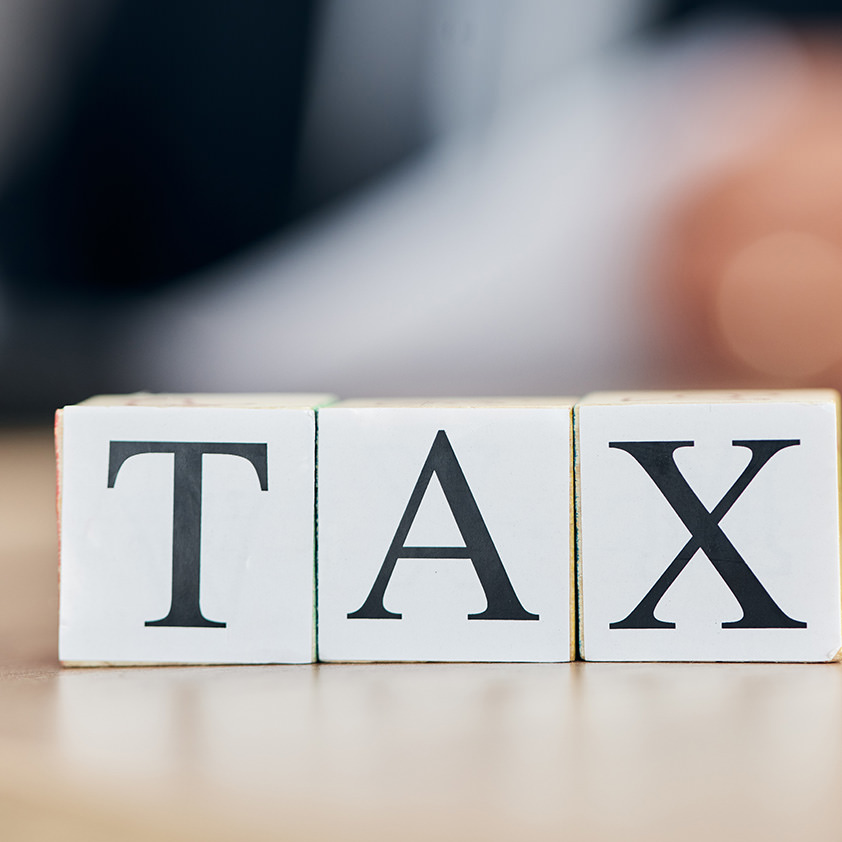Taxation is a subject that always comes up in discussions.
Connie Bruwer from PC Bruwer and Partners gives advice on this important topic.
Question: Connie, a subject that always comes into play when you talk to clients about small business, whether start-ups or “old hands”, is taxation.
Connie: Taxation is a matter of budget. If you plan right, you will be surprised how comfortable your life will be.
I read a piece of research that suggest that people who cheat with their taxes, without realizing it, become ill. They become ill and less productive and less successful in their businesses.
Question: What should you do?
Connie: Therefore, make sure from the outset that your business is in order with the taxman. The law requires that within 60 days after you start a company, you have to register as a taxpayer with SARS.
If your business is a company, the registrar of companies will inform SARS about this. However, the duty still rests on you to make sure it was done. If you are a sole proprietor or a partnership, you will have to register your business with SARS.
Depending on the type of business you operate, you may also be required to register separate taxations. Your nearest SARS office will inform you about this.
Question: What does it mean if you register as a provisional taxpayer?
Connie: Because you as business owner does not earn a regular salary which gets taxed on a regular basis, you will need to register as a provisional taxpayer. This actually means that you prepay your taxes twice a year based on expected revenue.
It is also important for a small business owner to determine what his/her financial position and structure is, in order to create a structure that will be most beneficial to him/her.
Question: How is a sole proprietor taxed?
Connie: If you are a sole proprietor (or a partnership), you as an individual will be taxed on all income. The most important thing to consider here is that you are only taxed above R95750, and that are also eligible for a primary rebate. It currently amounts to R17235 (for those under 65 years). Your marginal rate varies individually between 18% and 45%.
Question: How can you claim deductions?
Connie: When deductions are concerned, you can claim the same deductions as the company. The only requirement is that the expenses must be related to income earned. It is, of course, generally speaking also a lot cheaper to do business as sole owner.
Question: How are companies and CCs taxed?
Connie: Companies and CCs pay tax at 27%, which is considerably less than the top marginal rate for individuals. If the income is large enough, it is also easier to adjust your income, for example by taking part of a salary so that you are partly taxed as an individual and to take part as dividends which are accordingly taxed (20%) in the CC / company.
If you qualify as a small business, you certainly have the best of both worlds. In this instance, the first R95750 is (as in the case of an individual) tax-free. Then up to R365 000 you pay just 7% tax. After that up to R550 000, you pay 21% above the amount of R550 000. Only thereafter the ordinary company tax of 28%.
Question: How do you qualify as small business?
Connie: To qualify as small business, your gross income needs to be less than R20 million. Other requirements include that all shareholders should be natural persons and the shareholders does not own shares in another private company.
It is also important that enterprises which are regarded as personal service companies that do not have these benefits and are taxed at 28% and that most of the deductions will not apply.
Taxation is not the only factor to be taken into account when deciding on the business form in which you will operate your business. It makes sense to discuss it with your accountant. You do not want to spend more than you should.





